Why do Georgia Southern Students Change Majors?
Student Union on Armstrong Campus
According to the National Center for Education Statistics, approximately 1 in 3 college students change their declared majors during their undergraduate years of study.
Desirea Saxon, a sophomore, was initially accepted as a mechanical engineering student, but quickly redeclared as a political science major.
Saxon: “I changed it because I took chemistry and I did not like it. Then, I got looking more into what the job would entail, and I realized that the job was not what I wanted to do. I had an American government class, and I loved it, like, I loved it so much. I decided to change my major to political science, and I like that a whole lot more. I’m doing better in classes, and it’s just so much more fun.”
While mechanical engineering wasn’t Saxon’s calling, it was that of Brian Huynh, a 21-year-old freshman who recently switched to it from computer science.
Upon asking what prompted the change, Huynh replied, “The reason is that I took a look at programming, and I didn’t like it. I’m more of a visual person, so that’s why I went with mechanical. I’m planning to transfer to either UGA or GA Tech because I’m in the REPP program, and afterwards, I’m trying to be a product designer.”
Allie Pilgrim is a 20-year-old junior majoring in exercise science. Prior to declaring this major, however, she was admitted to GSU with the intent to study radiology.
While some students’ switches were motivated by dissatisfaction with their initial major, Pilgrim’s was instead rooted in the passion for her alternative choice: “I grew up playing sports. I wanted to kind of pick a career where I could be involved in sports, but also the medical industry as well, so my plan was to be an athletic trainer through this major.”
In my conversation with Liam Morris, 21, they described switching majors left and right in the three years they’ve been enrolled. The phrase “-and then I changed it again,” was uttered recurrently.
Morris was originally a biochemistry major, then switched to sociology, then to human resources, then to management, then to an interdisciplinary program in business and non-profit management, and has now settled on a bachelor’s degree in human resources management, and is contemplating adding a minor in philosophy.
While biochemistry was merely the jumping-off point in Morris’ trek to land on a suitable program, it served as a coda for that of 20-year-old Davis Rutan, a junior who first discovered his love of the field in his introductory college biology class.
Rutan: “My first major was logistics and supply chain management, which I chose because I had no idea what to do and thought that it might be a good place to start. I changed it to biochemistry- I found that I enjoyed being in a 3-hour lab more than a 50-minute business class. When I complete my degree, I’m hopeful to expand on the research that I’m doing currently with a mentor.”
Finally, I spoke with Spencer Adams, a 32-year-old GI Bill recipient and freshman student at Armstrong. He described making changes to his minor programs of study- not for the sake of his preferences, but in order to receive proper financial aid.
Adams: “In order for the GI Bill to cover the full cost of any classes that you’re enrolled in, they have to be, in your program, like assigned classes. You can’t just take an elective just because you want to, so you can apply to minor programs and swap them around at will, because it includes wherever the class is. Once you’re done, you just swap it out again.”
Adams’ minors so far have included public health, health informatics, and a third pending switch to another medically-oriented program.
Whatever the reason may be for a student to change majors, no one whom I spoke with on the matter claimed any regrets for the decisions they’ve made.
Be sure to check your student inbox and our website to stay up to date with the latest Armstrong news!

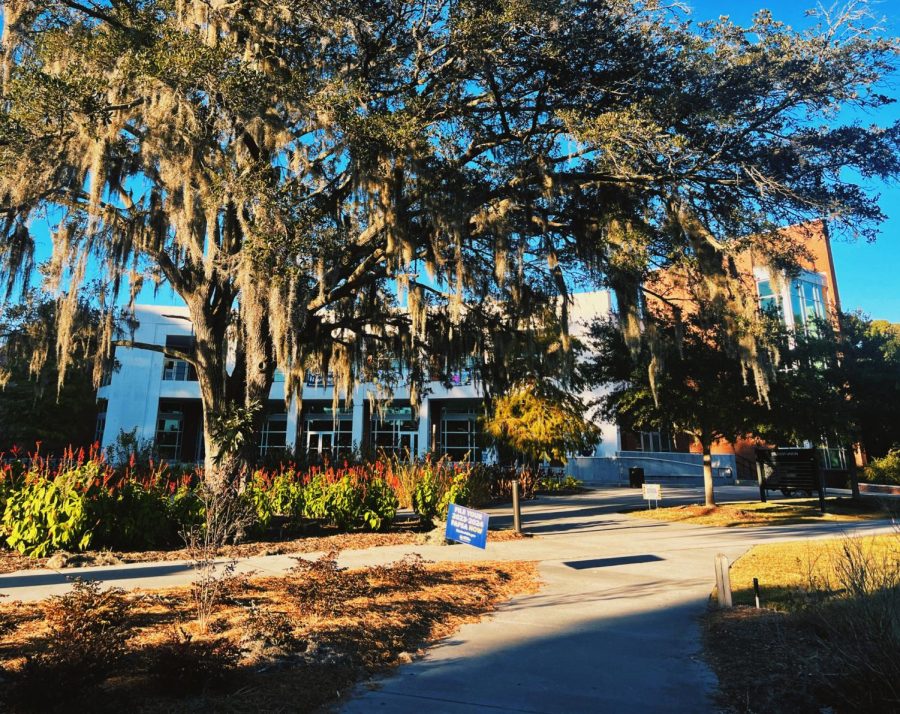
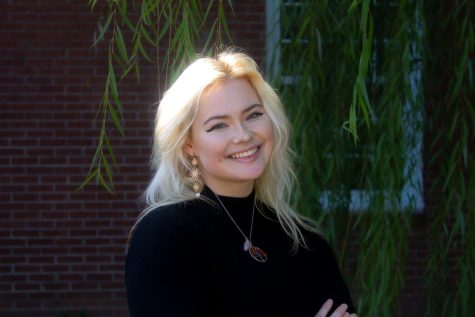
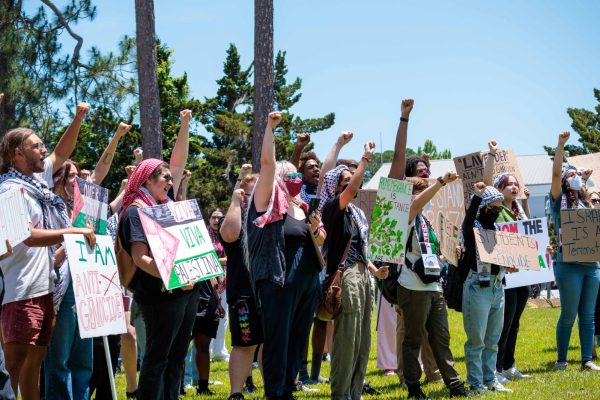
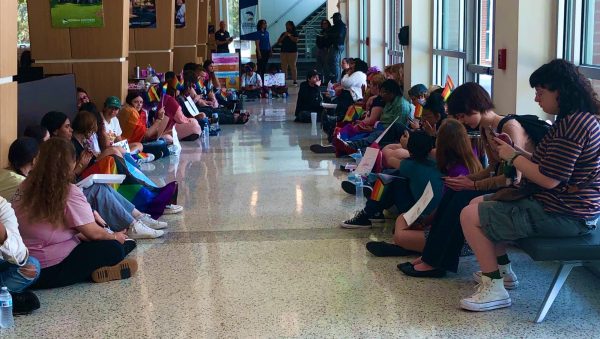



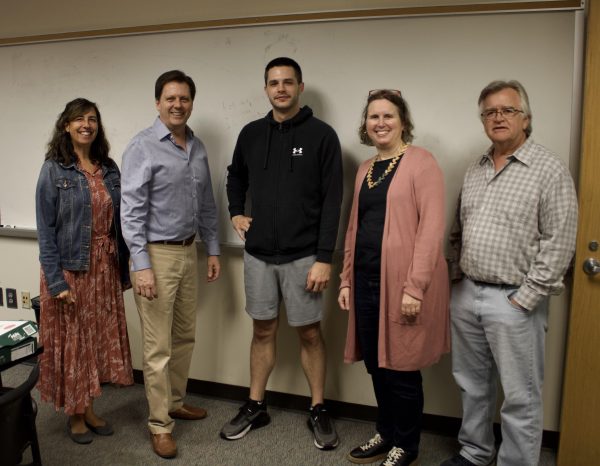
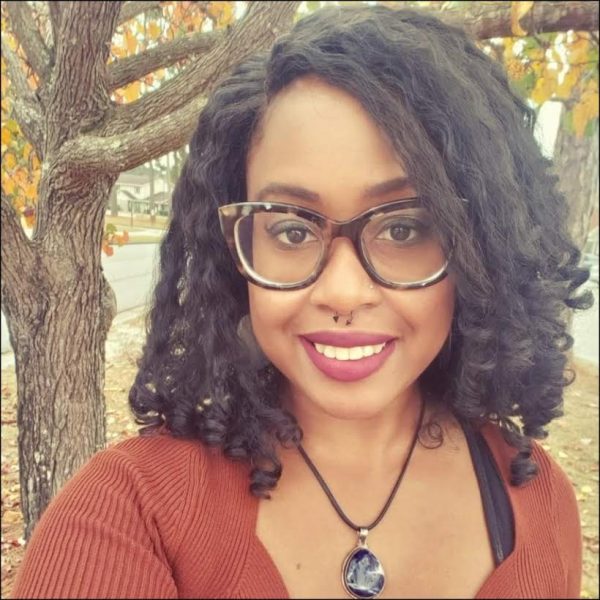
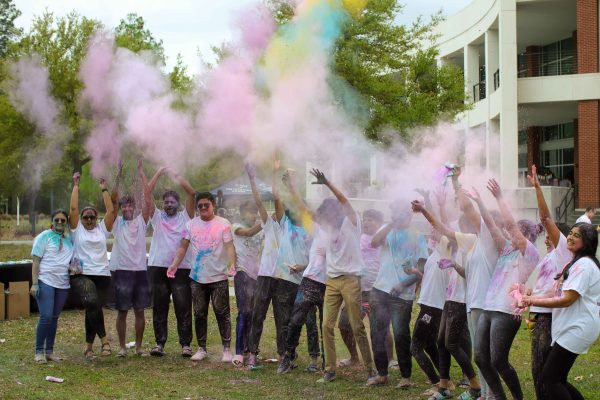
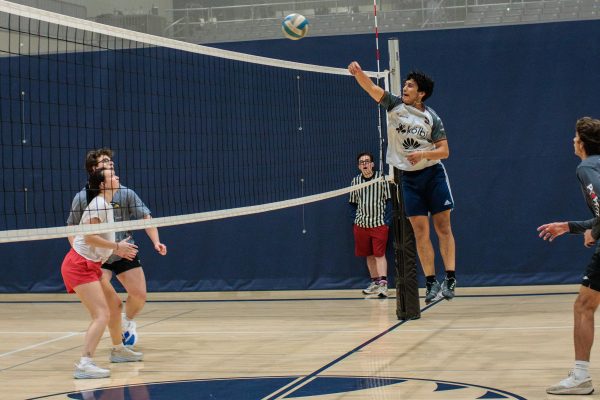
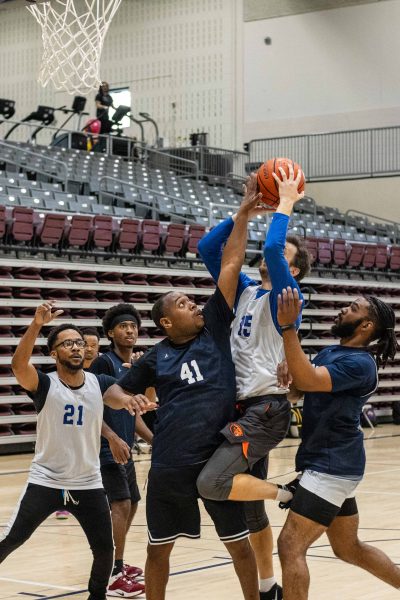
Karla Jennings • Jan 31, 2023 at 11:43 am
Great article Cooper!